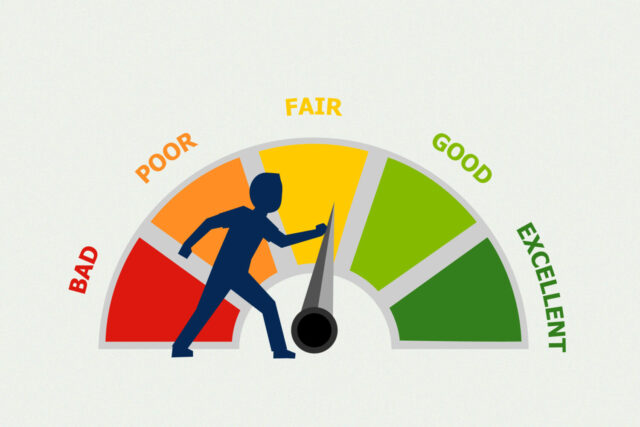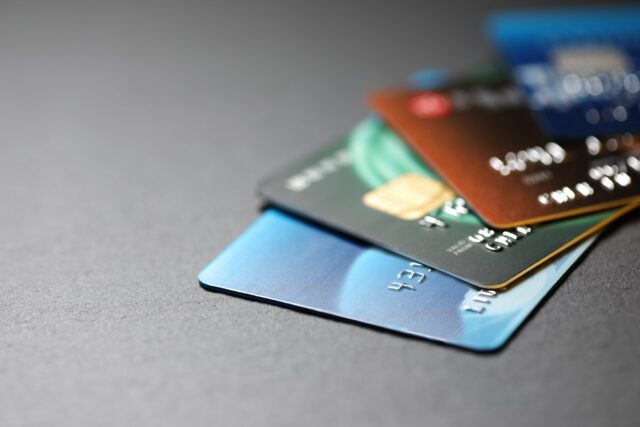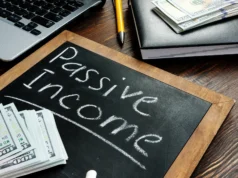
New Zealand has an average credit score of about 600-700, so if yours falls below this level, you may be looking for ways to improve it. A low credit score means you’re seen as a greater risk to potential lenders, so you may be unable to access credit products. You may also be charged higher interest rates and fees on any loans or credit cards you are approved for.
Fortunately, you can avail of the bad credit loans offered by seed cash. These bad credit loans are designed to help you rebuild your credit score while providing you with the funds you need. Aside from applying for bad credit loans, here are other ways to improve your credit score:
Know what affects your credit score

Your credit score is a number that lenders use to evaluate whether you are financially responsible and reliable when it comes to repaying debts. The higher your score, the more favorably you might be looked upon by potential creditors. However, if your score is too low, you might be denied credit or offered unfavorable terms and interest rates.
There are five key elements that affect your credit score:
-Payment history: It’s important to make sure that all payments on any account with a balance due are made on time and in full each month. Late payments or missed payments can significantly lower your credit score.
-Debt utilization ratio: This is the total amount of available credit used divided by total available credit present across all of your accounts, such as loan balances and credit cards. This ratio should not exceed 30%.
-Credit age: FICO scores take into account how long an account has been open; the longer, the better since it can indicate financial responsibility over time.
-Types of accounts used: Creditors look for a mix of revolving (credit cards) and installment (loans) debt when evaluating someone for new financing — both types show different qualities about their use of debt.
-Inquiries made on account: This refers to hard inquiries — such as when someone checks your ability to pay for a new loans or card applications — which can have a negative effect on your score if there are too many at once.
Make Sure All of Your Payments Are on Time

Making all your payments on time is one of the best ways to improve your credit score. You should make a schedule for yourself and set up automated payments if possible. If you know you won’t be able to make a payment, try contacting the lender beforehand and explaining the situation. This may help ensure you don’t get dinged with a late payment fee.
Pay Off Existing Debts
If you have any outstanding debts, such as a loan or credit card balance, make sure to pay these off as soon as possible. This will help reduce the amount of debt you owe and improve your credit score. Paying more than the minimum can also be beneficial, as it reduces the time it takes to pay off the debt.
Monitor Your Credit Report
It’s important to regularly review your credit reports from the major credit bureaus in New Zealand. This will help you check for any errors that may impact your score and watch out for any suspicious activity. If you spot anything on your report that looks incorrect, make sure to dispute it right away.
Avoid Taking on Too Much Credit
If you’re looking to improve your credit score, it’s important not to take on too much new credit in a short amount of time. Applying for more loans or credit cards can have a negative effect on your score, as lenders may see this as a sign of financial distress.
Keep Your Credit Utilization Low
Your credit utilization rate is the ratio of how much you owe compared to your total available credit. It’s important to keep this number as low as possible, as high usage can have a negative effect on your score. Aim to use no more than 30% of your total credit limit at any one time.
Use your business credit card wisely
Business credit cards typically offer several key features that may help businesses maximize their financial efficiency while minimizing costs. Features generally include flexible payment terms and variable APRs, an extended grace period (20-25 days) with no annual fees, higher borrowing limits than personal cards and access to automated billing and reporting tools such as Expense Manager. Additionally, many business credit cards offer bonus points or miles for certain purchases as well as rewards programs that can be used for employee incentives or other corporate purposes.
When choosing a business credit card, it’s important to consider the rewards options most closely aligned with your unique needs and financial goals. You should also compare annual fees, interest rates, and other associated costs before applying for your card to ensure you choose one that will not only save you money but also provide the most benefits for your specific needs.Make sure to research is it illegal to use a business credit card for personal spending, as it can lead to complex problems.
By following these simple steps – analyzing rewards programs, understanding terms and conditions of use, and determining which card fits best into a long-term financial plan – companies have the ability to optimize their finances while reaping the advantages of using a business credit card responsibly.
Consider Getting a Credit Builder Card

Credit builder cards are designed to help people with bad credit improve their scores. These cards generally have lower spending limits and higher interest rates, but they can be useful if you’re looking to rebuild your credit score. Make sure to make all payments on time and pay off the balance in full each month.
Track your spending
Keeping track of your budget and expenses can be an arduous task, but it’s essential in order to fix a bad credit score. Start by compiling a list of all your expenses and tracking them over the course of a month. This will help you identify areas where you might be able to save money or make better choices in the future. It will also give you a starting point when it comes to creating an effective budget.
When forming your budget, take into account both fixed and variable expenses including rent/mortgage, utilities, food, entertainment, fuel costs, insurance premiums, and other miscellaneous costs such as clothes or health care. After outlining rigorous spending limits for each category of expense you have recorded in your list, it is important to then stick to them as closely as possible for at least three months before making any changes.
You may want to use mobile financial planning apps or websites that can help streamline this process by automatically transferring information from bank accounts or merging multiple monthly bills into one statement. The most important thing when creating or modifying your budget is focusing on reducing debt while also maintaining some level of personal enjoyment — do not forget that having financial goals should still involve some quality time spent living!
With these ways, you can work towards improving your credit score. This will help you access more financial products in the future and potentially qualify for lower interest rates and fees on any loans or credit cards you are approved for. With dedication and persistence, you can get your credit score back on track.









